Driven to Deliver: Introducing Youth to Careers in Construction & STEM
Building community for a better tomorrow extends from our job sites to all of the people in our communities.
Community stewardship is at the core of our organization. As a commercial real estate developer, designer and design-builder, connecting with our communities and supporting budding project managers, carpenters, engineers and more just makes sense.
Building community for a better tomorrow extends from our job sites to all of the people in our communities.
See what our experts have to say about introducing youth to careers in construction and STEM fields.
MEET THE EXPERTS
Beth Duyvejonck, Regional Vice President
Kristin Ridley, Executive Director of the Opus Foundation
Jeff Walker, Director of Operations
Q&A
Why are we focused on introducing youth to construction and supporting STEM efforts?
Beth: The construction industry faces a talent shortage. Opus is being proactive in attracting the next generation into our exciting field. Construction is always evolving with current trends towards technology and innovation. Using innovation and technology as recruiting tools elevates construction as a STEM career choice. This really connects with today’s youth.
Kristin: Someone once told me you can’t be what you don’t see. Only a small fraction of young people are interested in careers in construction. Opus wants to be a part of the solution. By intervening early, we are able to expose more youth to the large variety of offerings in the industry and also change the perception of construction as a whole. We also believe building greater awareness will help cultivate more diversity, including women and racially-diverse workers, which is critical to the long-term sustainability of the industry.
Jeff: There aren’t enough workers in the building trades. The perception that started 20+ years ago is that you needed a college or post-high school degree to get a job. During that time, high schools significantly reduced or stopped offering vocational training. College isn’t for everyone. It is so important to provide career options for those who don’t want to pursue a college degree. There are many high schools across the country that are bringing back or are re-energizing their vocational programs.
All of this work is in addition to building some great buildings. Why do you feel it's important to give back to the community?
Beth: I consider myself fortunate to have found a rewarding career for a mission-driven organization and believe that carries an obligation to give back to the community. I also enjoy introducing youth, and especially young girls, to the opportunities in STEM and construction.
Kristin: Giving back to the community has been a part of the Opus story from the beginning through our founder, Gerry Rauenhorst. He believed it should be a cornerstone of the company, and it remains a central value today. Our efforts help recruit and retain top talent and have become an integral way we work with clients and other business connections. But it goes much deeper as healthy and thriving communities are key to everyone’s well-being. 2020 in particular demonstrated community challenges and existing disparities. Opus can leverage both financial contributions and associate volunteer time and expertise to build strong partnerships with organizations meeting critical needs and influencing systemic change.
Jeff: This one is simple to me – Gerry Rauenhorst. Gerry’s principle of giving back to the community means different things to different people. One of the things it means to me is the communities where we work are stronger when everyone supports each other to the best of their abilities.
What has been your favorite part (or memory) of Future Builders or volunteering with a STEM initiative/program?
Beth: I am looking forward to a new volunteering opportunity through Opus support of the Girl Scouts Power Girls camp this summer. The promotional materials for the camp do a great job of summarizing the importance of outreach such as Future Builders:
“Women make up just 9% of construction workers in the U.S., despite the fact that these competitive jobs are some of the few in the country where there is no gender pay-gap. The U.S. is also facing a shortage of qualified trades professionals…The Power Girls program gives girls a chance to…see themselves in trades careers.” Source: Girl Scouts River Valleys
Kristin: My favorite memories are always when the Opus associates share their expertise with the youth. I have watched young people learn how to build walls in a day, climb on massive equipment, tour job sites and more. Both the associates and the youth always walk away learning something new and feeling enriched.
Jeff: We’ve facilitated a yearly metal stud and gypsum board wall build project for youth enrolled in the Construction Careers Foundation – Minnesota Trades Academy summer program. Emil Knish, one of our former Field Coordinators who passed away, participated in one of the wall build projects. Emil’s connection to the youth during the project remains a favorite memory of mine. Emil was a very engaging team member and the connections he made with the youth during that project was noticeable to all who were there that day. Emil started in the building trades immediately after graduating high school. His career progressed “up the leadership ladder” in our field, all the way to the Field Coordinator role. The youth who participated in that day’s project could see how someone could have a very successful career in the building trades (without a college degree).
Article Type: Blog Post
Topics: Giving


